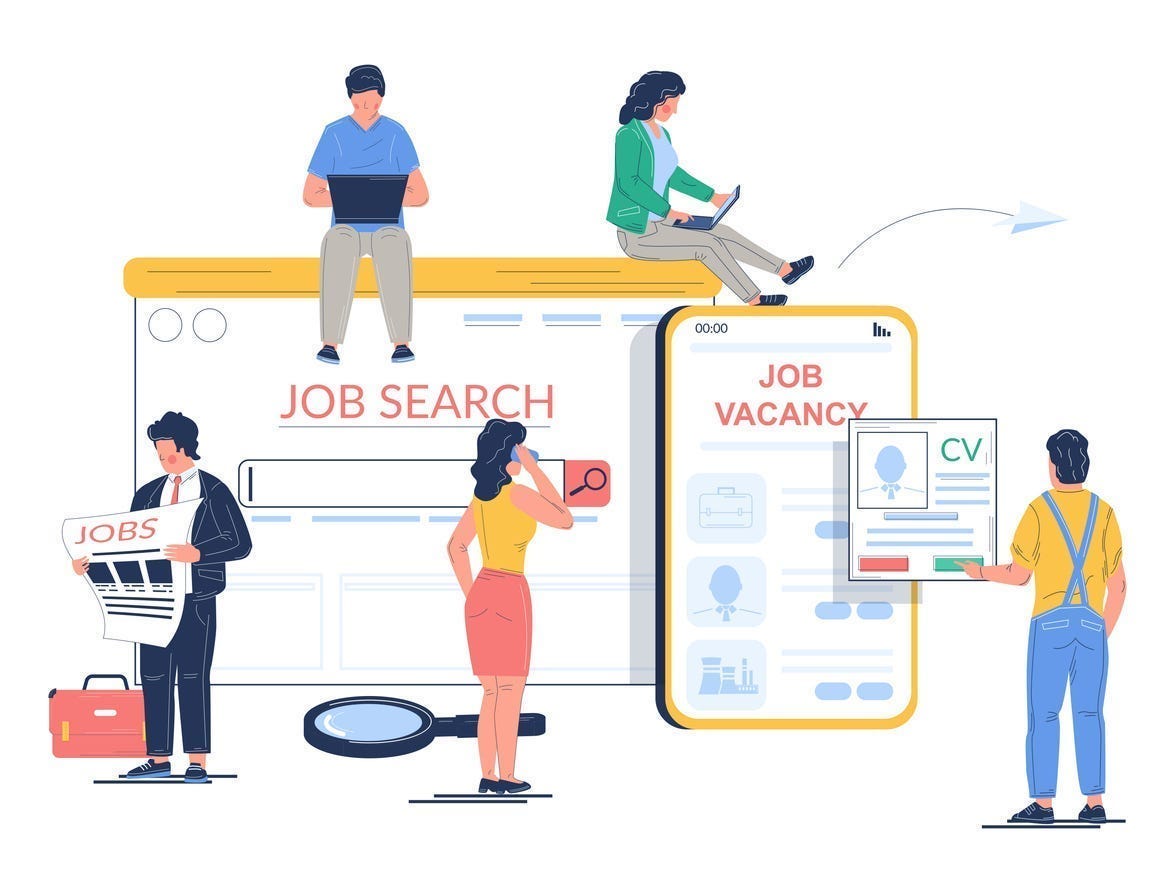What can you do if you’ve messed up at work? First of all, don’t worry. It can happen even when you’re doing your best to ensure that you don’t make any mistakes. And it’s happened to almost everyone at some point in their career.
No matter how good you are at your job, sooner or later, you’re going to make a mistake at work. In fact, if you’re passionate about what you do, you may be even more likely to mess up. It’s the dedicated people who tend to overcommit and overschedule—and that’s how things go wrong.
But even if you’re careful not to bite off more than you can chew, you’re going to have missteps at some point in your career path. No one is perfect, including you.
The best you can do is to learn how to move on from your errors with grace. Here’s how to handle it when you make a mistake at work.
Try Not To Make Excuses
When you make a mistake at work, is your first impulse to look for someone else to blame? “Sure, I sent the wrong version of the report, but there were a lot of last-minute changes.” Or: “OK, I got the dates confused for the team meetup, but this organization is meeting-happy.”
It’s normal to feel defensive when you realize that you’re in the wrong. It’s even possible that you’re right, and others do share the blame. Playing the blame game may help you preserve your self-esteem in the short run, but it won’t help you move forward in your career. It might even hold you back if you get a reputation for throwing other people under the bus.
It makes more sense to get it over with, say you made a mistake, and move forward.
Don’t Beat Yourself Up
On the other hand, maybe taking enough responsibility isn’t your problem. Maybe your problem is that you feel responsible for everything. In that case, you probably take it pretty hard when you do make an error. Your challenge will be to stop beating yourself up about it and move forward.
Start by working on your outward behavior. If you’ve made a mistake, apologize, but don’t overdo it. Repeatedly apologizing to your teammates won’t help make things right; it’ll just make you look insecure. The best thing to do now is to focus on what you can do to improve the situation. That will mean more to your coworkers than additional apologies.
Identify Patterns
What happened the day you messed up at work? Were you overtired, overscheduled, distracted? Were you trying to do two things at once, or one thing that required more than one person to do it right?
If you can figure out the pattern that contributed to your misstep, it’ll be easier to avoid making the same mistake in the future. Plus, your boss will like hearing that you’ve thought about how to ensure that this doesn’t happen again.
Try To Avoid Making Mistakes
You can create personal systems that help you minimize chances for error. Now that you’ve identified any patterns that led to the mistake, think about how you could ensure that the same set of circumstances doesn’t occur again.
For example, if you were tired, maybe you’ll make a special effort to get more sleep during your company’s busiest times. Or, if you were distracted, maybe you’ll batch tasks to make sure that you’re focusing on one thing at a time.
Put Safeguards in Place
After you’ve done that, look for opportunities to put additional safeguards into place. Let’s say you emailed sensitive information to the wrong person. You may be able to avoid that in the future by disabling auto-complete for the address line.
If you’ve made typos or errors in a document, as another example, be super careful and proofread it one more time, use an editing tool like Grammarly, or ask someone to read it over for you.
When scheduling is an issue, double-check your calendar and set a reminder if you need one.
Recognize the Folks Who Have Your Back
One good thing about making a mistake is that it shows you who’s on your side, even when you’re having a bad day. This is valuable information to have, not only because humans are fallible, but because all jobs and companies change over time. If your organization goes through upheaval—a merger, layoffs, a bankruptcy—it will be good to know who’s got your back.
That doesn’t mean that your understanding boss or supportive coworker will necessarily be able to shield you from problems. But it does show you which relationships are strongest and which colleagues are most reliable and sympathetic.
Knowing that can help you no matter what comes down the pike. These folks may provide you with referrals or references later on—or they may just boost your spirits when you need it most.
Cultivate Compassion
Perhaps the best thing about screwing up is that it reminds you that everyone needs a break now and then. If you’re a high performer, that might be an especially valuable reminder. The next time a coworker or client or boss needs your understanding, you’ll be more likely to give it. And that will make you a better teammate, a better boss, and a better person.
Real success isn’t just about hitting goals and making progress. It’s also about becoming the person you want to be. Cultivating compassion for others—and for yourself—is essential for that kind of lasting success.
Our Favorite Tools & Tips
Should You Drop off a Resume to Apply for a Job?: We read some advice that said you should never drop off a resume to apply for a job. While it’s not the way applying is usually done these days, we never like to say never. In some cases, especially with small companies, stopping by with your resume can help you get hired. Here’s when and how to drop off a resume in person from Indeed.
When and How to Use an Elevator Speech: You can use an elevator speech in person and online to showcase your experience, skills, and qualifications. Here's how to write an elevator speech that grabs the listener's attention, when to use it and examples.
Check Out Career Services: If you're a college student or graduate, check what resources your school offers. Many offer services, including career counseling, resume and cover letter assistance, internship and job search help, and a career network you can use to connect with students and alumni.
News & Noteworthy
Ghost Jobs on the Rise: It’s hard enough to get hired in this challenging job market. Ghost jobs (posted jobs that nobody is hiring for) make it even harder. A MyPerfectResume survey reports that 81% of respondents had listed a job that didn’t exist or wasn’t going to be filled. Here’s advice on what to watch for and to avoid getting ghosted.
Minimum Wage and Paid Sick Leave: Increases in minimum wage and paid sick leave were on the election ballots in some states. Alaska and Missouri increased the minimum wage, and Alaska, Missouri, and Nebraska voters approved measures to provide workers with paid sick leave.
More Back to the Office Mandates: Continuing the trend of requiring employees to work in the office, The Washington Post expects managers to be back full-time in February and everyone else in June. Amazon has an in-office policy starting in January, and many other leading employers require at least some days a week in the office. Here’s a list of 40 top companies’ back-to-office plans.
Sponsored by Remotive
When you’re looking for a 100% remote job, Remotive can expedite your search, and the basic version (2000+ jobs) is free. Learn more about how Remotive can accelerate your job search, and sign up for the Remotive Accelerator to access over 30,000 listings and the Slack community for a one-time fee.
Note: We may receive a small commission if you sign up using this link.




